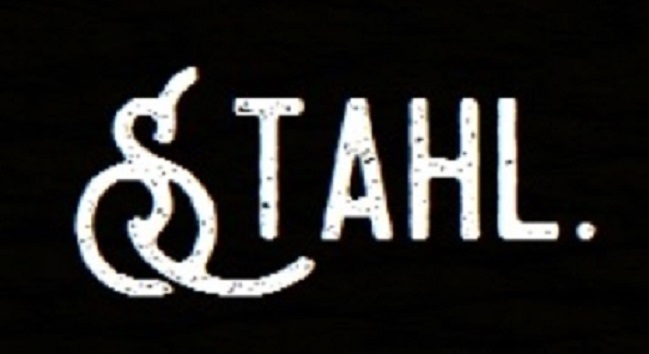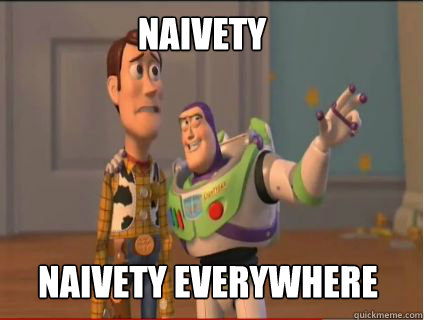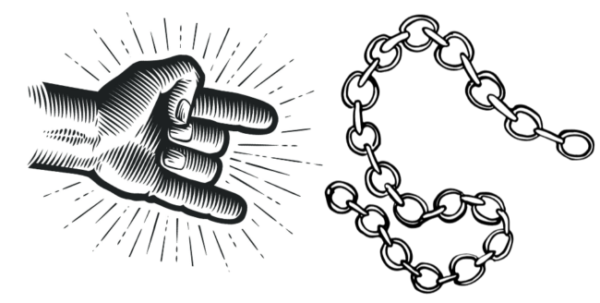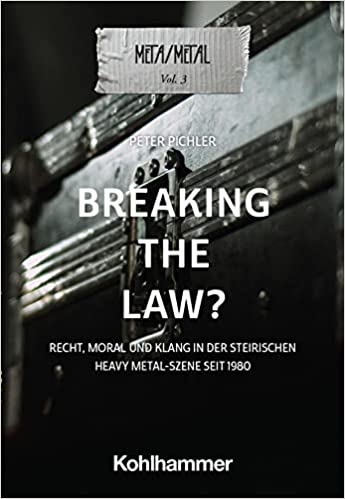In my last post, I reflected upon cultural-historical tendencies and processes in the year of 2016. I tried to elaborate on the question how this year, with its seemingly fundamental political ruptures, in a global and European perspective, could be told in scientific historical storytelling. Already this essay, as I ‘dared’ to measure the relevancy of one year in history without the advantage of temporal distance (I wrote my post on January 1st 2017), did not lack a certain degree of naivety. In this post I want to take, so to speak, ‘naivety as an epistemic tool’ and reflect upon a seemingly highly naive question: can (Metal) music change the world?
Yet, I think this a question, if our theoretical and methodological prerequisites of cultural history are presented and used self-reflexively, being aware of the fundamental limits inherent to them, can be elaborated on in a scientifically serious way. I suggest, trying to think of a conceptual answer to this question might add ‘ontological awareness’ to the research agenda of Metal Music Studies.
Getting naive…
Our starting point is a very simple thought: in the year of 2017, having in mind the first weeks of the new Trump administration and its policies, the coming important elections in France and Germany, the overall global network-like atmosphere of tension, uncertainty, even fear and panic, we could want to live in a better world; culturally, socially, legally, politically and economically. All the frictions and tensions of discourse in early 2017 – i.e. terrorism, migration, political radicalization, war-like conflicts – could make us long for a better world. And, this being the decisive fact, wanting concepts from science to get into such a world.
So, the question, leigitimized culturally and morally, we have to think about, in ontological and discursively structural terms, is: can science provide us with ways to get into this ‘better world’? And, for Metal Music Studies, and cultural history in this subfield of academie, that question is to be modified to its specific subject of research: can Metal music change the world?
As mentioned above, this question seems to be one of purest naivity, even if taking it as ‘innocent’ naivity. How should music, even Metal music as subcultural field of popular culture, be able to change the world for the better? I think, on the very contrary, this naivety could be a good starting point for ontological reflection in Metal research; namely suggesting this naivety as an epistemic tool which enables us to open up for fresh perspectives.
…in Metal Music Studies
When we see this question as a a legtitimized one, this opens up a series of questions which penetrate into the deepest layers of the discourse of Metal Music Studies, its ontological prereqisites . Asking whether Metal music can improve the world’s current historical condition, we ask for a new evaluation of the theoretical core notions of cultural history in Metal Music Studies. These questions include the following: (1) what is Metal music in cultural history?; (2) how does Metal music connect and interfere with global discourse of culture?; (3) does this interference allow Metal music to change the world?
What is Metal music?
I address these very serious ontological questions (they basically define the subject of cultural history in Metal Music Studies as a field of research) in exactly the order mentioned. Ad (1): trying to give a definition of Metal music in cultural history, means to give a preliminary description of a conceptual and empirical field of global history, since at least the 1970s. Starting in the early 1970s (having roots in the decades before), bands like Black Sabbath created a new, ‘heavy’ sound. Since then, this ‘heavy’ discourse emerged as an own cultural discourse. It developed its own narratives, imaginaries, style of clothes, gesticulation and networks to institutionalize them.1.
So, from the broadest possible perspective, Metal music can be understood as an own and distinct cultural discourse of popular culture. Today, it has its own history (and self-narratives of this history) since over four decades.2 It is a structural sphere of culture, having its own rules of creating meaning, in its styles of clothes, music, practices, marketing and performing. In a nutshell, for cultural history Metal music is a discourse which globally creates meaning in an own way – according its protocol of the new cultural style encoded as ‘heavyness’.
How does Metal music connect and interfere with global discourse of culture?
Now, we can address the second question, again rather globally. Ad (2): The core argument of my ontological definition of Metal music is the adjective of ‘global’. This adjective, indeed, is of utmost importance for the second question. Here, we want to find an answer to the question how Metal music does interfere with global discourses of culture – the ones like politics, media, society etc. The adjective ‘global’ gives us the ontological key to find an cultural-historical answer.3.
This short word, ‘global’, implies that Metal music itself spans around the world. It is not only a product of this world, or a by-product of discoures lying hierarchally above it, but an own and, scale-wise and hierarchically, equal discourse. Metal music acts globally, therefore, it has the same and exactly equal rights as other discourses – such as politics, media, society etc. It may not have the same ‘discursive power’ but from a structural perspective it is global, and thus has the equal rights: to construct meaning, to construct the world. In a nutshell, aiming to formulate an answer to this second question: Metal music inteferes with global discourse of culture on an equally-righted base. Its demands of identity and narratives are no less important than any other – but not more important either.
Does this interference allow Metal music to change the world?
Ad (3): our third and final analysis is, probably, the most important one. Taking Metal music in global history as an eually-righted one, this leads us to formulate an answer which is promising and disappointing at once. It is promising because, when conceptualizing Metal music as an equally-righted sphere of culture, that implicates that it is on same hierarchical level as other discourses; hence, it, logically and normatively, can influence the world. The disappointig aspect is that, because it is one discourse among myriads of others, is potential of influencing the world is limited.
So, our answer to the third point is: Yes, Metal music has the potential to change the world; to be more specifically: it has the potential of changing its world. As an emancipative discourse, it can create (and indeed does create)4 its own visions and utopias of a better world. To me as a cultural historian, the most challenging task of examining these questions is to reflect upon the limits of cultural history in Metal Music Studies: where does the influence of Metal discourse meet its imits? Which limits and boundaries are the ones, maybe imposed by other discourses, which restrain its influence? How are these limits and boundaries, identities and non-identities, negotiated and fixated?5
Cf., for instance, Jeremy Wallach e.a. (eds.), Metal Rules the Globe. Heavy Metal Music Around the World. Durham and London: Duke University Press, 2011; also, cf. Deena Weinstein, Rock’n America: A Social and Cultural History. Toronto: University of Toronto Press, 2015.; and: Dietmar Elflein, Schwermetallanalysen: Die musikalische Sprache des Heavy Metal. Bielefeld: transcript, 2011; finally: Rolf Nohr and Herbert Schwaab (eds.), Metal Matters: Heavy Metal als Kultur und Welt. Münster e.a.: Lit, 2012. ↩
Cf. ibid. ↩
Cf. ibid. ↩
cf. ibid. ↩
Source of the title image of this post: http://s2.quickmeme.com/img/d2/d2c1e23ecee906584f0a6844db58aa2070bf0666afe7407a7df27caf07937087.jpg, retrieved 6.2.2017. ↩



